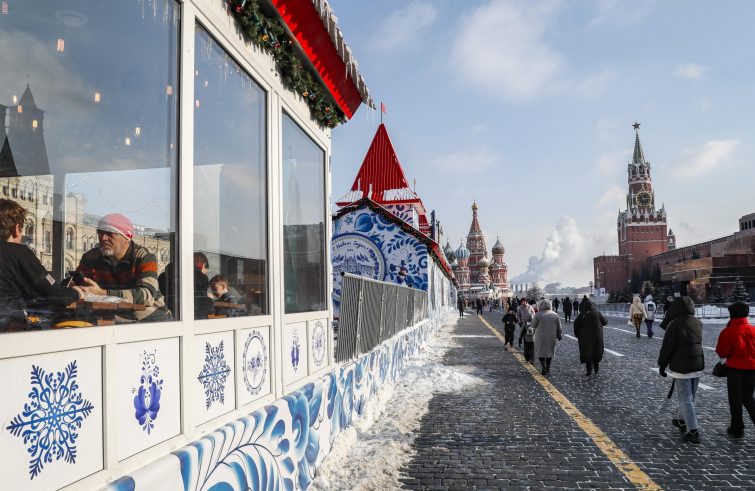
“Anniversaries such as this one are sad anniversaries. They are sad because the changes that have most certainly occurred are not moving in the direction indicated by Romano Guardini, namely, to promote a civilisation of truth and love. As far as I can see, no significant steps have been taken in that direction over the past year.” With these words full of sorrow, Monsignor Paolo Pezzi, archbishop of Moscow and president of the Russian Bishops’ Conference, begins his reflections in response to a question from SIR regarding the first anniversary of Russia’s invasion of Ukraine on February 24, 2022, which this year coincides with the beginning of the Lenten season.
An entire year of fruitless diplomatic attempts has gone by, and even at this time, weapons are increasingly part of everyday language. Which path, if any, should be pursued to give peace a chance?
The path of weapons is unfortunately the one that best serves the hearts plagued by the illness of hatred, of aggressiveness, of power. Those hearts must be set free, they must be healed. So the way forward to give peace a chance is to first acknowledge each one’s humanness and propensity to harm, not necessarily as a sign of weakness, but on the contrary as an acknowledgment that by relying and focusing only on ourselves all we are doing is spreading evil, while by turning to the One who has triumphed over all the forces of evil, it is possible for us to effectively do something good for all.
What is your message to political leaders? To the Presidents of Ukraine and the Russian Federation, but also to the European Union?
I believe we also need to add the leaders of the United States, given their deep involvement. I would tell them that it is necessary to rediscover our Jewish-Christian roots.
We must return to make room for God in our daily lives.
Perhaps this Lenten season that begins today will make people understand that the Cross is not a scandal, that the seeming defeat is in fact a victory for all humanity, that peace is created not with weapons, but with the conversion of hearts.
In this year of war, what has been the role of the Pope and of Vatican diplomacy?
The Pope and Vatican diplomacy played an extremely important role not only on a spiritual level, but also on a historical level. For one simple reason: the Pope and the Vatican are today the only credible reality, especially in conflicts. We have seen this already, in the Middle East, in Africa, even in Asia. And therefore this role is decisive.
To this must be added the widespread feelings of esteem for the Pope and Vatican diplomacy, whose commitment is not viewed as a form of shrewdness but rather as honesty directed towards the achievement of goals, in this case, peace, which in the Pope’s view, at least, benefits everyone.
Do you believe in peace?
I do believe in peace. Every day, when I celebrate Holy Mass, I am reminded that I am called to believe in peace, but above all I am called to recognise that peace is to be found in the Crucified and Risen Christ. Jesus says: my peace I give unto you. My peace, not the peace of the world. I believe in this peace, not the peace that a man cannot bestow because he must be reconciled, but in the peace that can be bestowed by Jesus, the Peacemaker.









